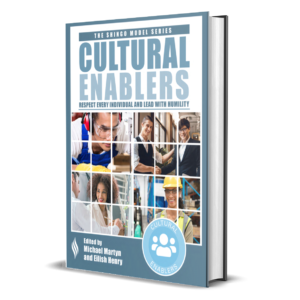Transforming Higher Ed
$20.00
Winner of the 2019 Shingo Research and Publication Award, Transforming Higher Ed: Implementing a Culture of Continuous Improvement at the University of Washington, presents the development model that generated $328 million in financial benefit to the university and has been benchmarked by 124 organizations. Download a copy today and learn how to accelerate your lean journey and develop a team-based continuous improvement culture.
EXECUTIVE SUMMARY
Beginning in 2010, UW Finance and Facilities (F2) sought to implement lean as a comprehensive approach to finding ways to address changing demands and reduced operating budgets. At the time of launching the program, F2 was comprised of a diverse group of operational and financial units of the University and accounted for 1,400 of the University’s employees. Prior to beginning lean, some of the divisions had experience with a “top-down” approach to change, but each unit operated independently within a highly decentralized structure and process improvement teams often languished too long and failed to accomplish their goals. In addition, higher education represented a challenging environment in which to implement a standardized daily management system based on principles of operational excellence most notably associated with high volume, low variability manufacturing environments.
To accomplish this mission, the University started by clearly defining its goals for the program. While operational efficiencies were the ultimate outcome, F2 clearly communicated its intent to build a culture of empowered and capable people, each one inspired to do his/her best work to deliver value to the University’s diverse stakeholders. To do this, the Lean Team embraced a larger purpose: To Develop our People, to Design our Culture to Deliver our Results.” The primary mechanism to achieve this purpose was the creation of a sustainable, principle-based daily management system utilizing a Four-Phase Development Model. This Four-Phase Development Model is based on the implementation framework contained within Own the Gap and rooted in the definition and development of principle-based ideal behaviors found in the Shingo Model.




Reviews
There are no reviews yet.